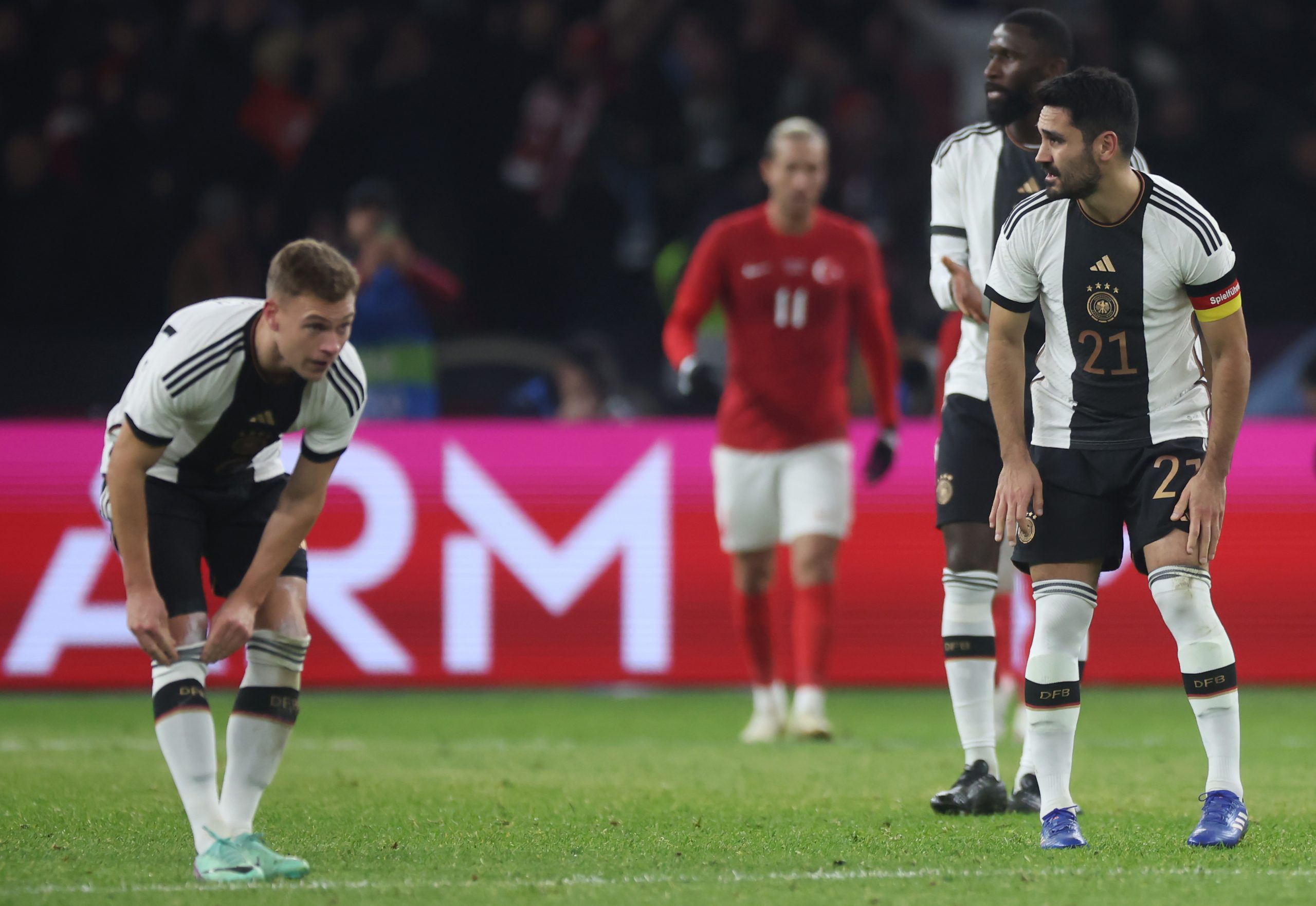Historical Context and Diplomatic Relations

Turkey vs austria – Turkey and Austria share a long and complex historical relationship. Diplomatic relations between the two countries were established in 1553, and the two countries have maintained diplomatic missions in each other’s capitals since then.
In the annals of international football, the rivalry between Turkey and Austria stands as a testament to the ebb and flow of sporting fortunes. Yet, beneath the surface of this historic clash, a different drama unfolded, one that echoed in the halls of power.
Marcelo Bielsa, the enigmatic Argentine coach, found himself embroiled in a suspension that cast a long shadow over the game. As the dust settled, the focus returned to the pitch, where Turkey and Austria continued their age-old battle for supremacy.
The relationship between Turkey and Austria has been shaped by a number of key events, including the Ottoman Empire’s conquest of the Balkans in the 14th and 15th centuries, the Habsburg Empire’s rise to power in Central Europe in the 16th and 17th centuries, and the two countries’ participation in the First and Second World Wars.
Timeline of Key Events
- 1553: Diplomatic relations between Turkey and Austria are established.
- 1683: The Ottoman Empire lays siege to Vienna.
- 1699: The Treaty of Karlowitz ends the Ottoman-Habsburg Wars.
- 1791: The Treaty of Sistova ends the Russo-Turkish War.
- 1878: The Treaty of Berlin ends the Russo-Turkish War.
- 1914-1918: Turkey and Austria-Hungary fight on opposite sides in the First World War.
- 1939-1945: Turkey and Austria fight on opposite sides in the Second World War.
- 1955: Turkey and Austria establish diplomatic relations.
- 1963: Turkey and Austria sign a trade agreement.
- 1986: Turkey and Austria sign a cultural agreement.
- 2004: Turkey and Austria sign a free trade agreement.
Current State of Diplomatic Relations
The current state of diplomatic relations between Turkey and Austria is positive. The two countries are close partners in the European Union and NATO, and they share a common interest in promoting peace and stability in the region.
Turkey and Austria fought tooth and nail on the field, but the outcome of their match remains uncertain. Meanwhile, across the Atlantic, the Copa America tournament is heating up, with Brazil and Argentina emerging as the frontrunners. Copa America standing is available online for those who want to stay up-to-date on the latest results.
As the dust settles in Austria, fans eagerly await the next chapter in the Turkey vs. Austria rivalry, knowing that the Copa America’s thrilling matches will provide a welcome distraction in the meantime.
However, there are some challenges to the relationship. One challenge is the issue of human rights in Turkey. Austria has criticized Turkey’s human rights record, and the two countries have clashed over the issue of freedom of speech.
Another challenge is the issue of Turkey’s accession to the European Union. Austria has expressed reservations about Turkey’s accession to the EU, and the two countries have clashed over the issue of immigration.
Despite these challenges, the relationship between Turkey and Austria is strong. The two countries are committed to working together to overcome their differences and build a stronger partnership.
Economic and Trade Ties
Turkey and Austria share a robust economic relationship characterized by significant trade volumes, growing investment, and mutually beneficial cooperation. The European Union has played a crucial role in shaping their economic ties, offering opportunities and challenges.
Bilateral trade between the two countries has witnessed a steady upward trajectory. In 2021, the total trade volume amounted to approximately 3.5 billion euros, with Austria being one of Turkey’s top ten trading partners. The trade balance favors Turkey, primarily due to its exports of textiles, machinery, and automotive parts to Austria.
Investment Patterns
Austria is a significant investor in Turkey, particularly in the automotive, energy, and tourism sectors. Austrian companies have established a strong presence in Turkey, recognizing its strategic location and growing market potential. In recent years, Turkish companies have also made investments in Austria, particularly in the real estate and hospitality industries.
Areas of Cooperation
Beyond trade and investment, Turkey and Austria collaborate in various economic sectors. They have signed agreements on economic cooperation, investment promotion, and scientific and technological research. Joint ventures and partnerships between companies from both countries have led to innovative projects and knowledge exchange.
Impact of the European Union
The European Union has had a profound impact on the economic relationship between Turkey and Austria. As members of the EU, both countries benefit from the single market, free movement of goods, and services, and harmonized regulations. However, the EU’s Common Agricultural Policy and customs union have also presented some challenges, particularly for Turkey’s agricultural exports.
Potential for Future Collaboration
The future holds promising prospects for economic collaboration between Turkey and Austria. Both countries can leverage their strengths and complementarities to explore new areas of cooperation. Potential opportunities include joint ventures in renewable energy, infrastructure development, and digital technologies.
Cultural Exchange and Tourism: Turkey Vs Austria

Turkey and Austria share a rich cultural heritage, reflecting their shared history and artistic traditions. The Ottoman Empire’s influence in the Balkans, including Austria, left a lasting imprint on architecture, music, and cuisine.
Tourism
Tourism plays a significant role in promoting mutual understanding and cultural appreciation. The historical sites, cultural landmarks, and natural beauty of both countries attract visitors worldwide. Turkish tourists enjoy exploring Vienna’s imperial palaces and museums, while Austrian tourists are drawn to Istanbul’s vibrant markets and ancient mosques.
Cultural Initiatives, Turkey vs austria
Several successful cultural initiatives and collaborations have strengthened ties between Turkey and Austria. The Turkish Cultural Center in Vienna hosts exhibitions, concerts, and lectures, showcasing Turkish culture and art. Similarly, the Austrian Cultural Forum in Istanbul promotes Austrian art and culture through events and exchanges.